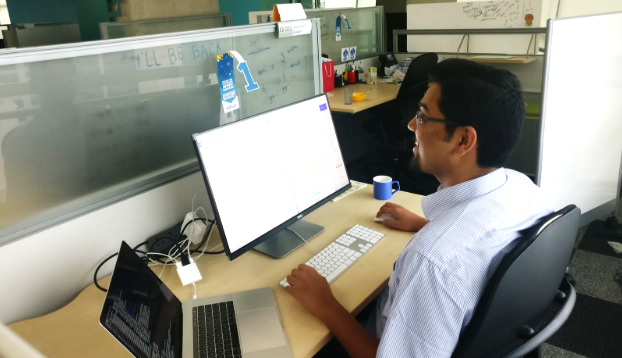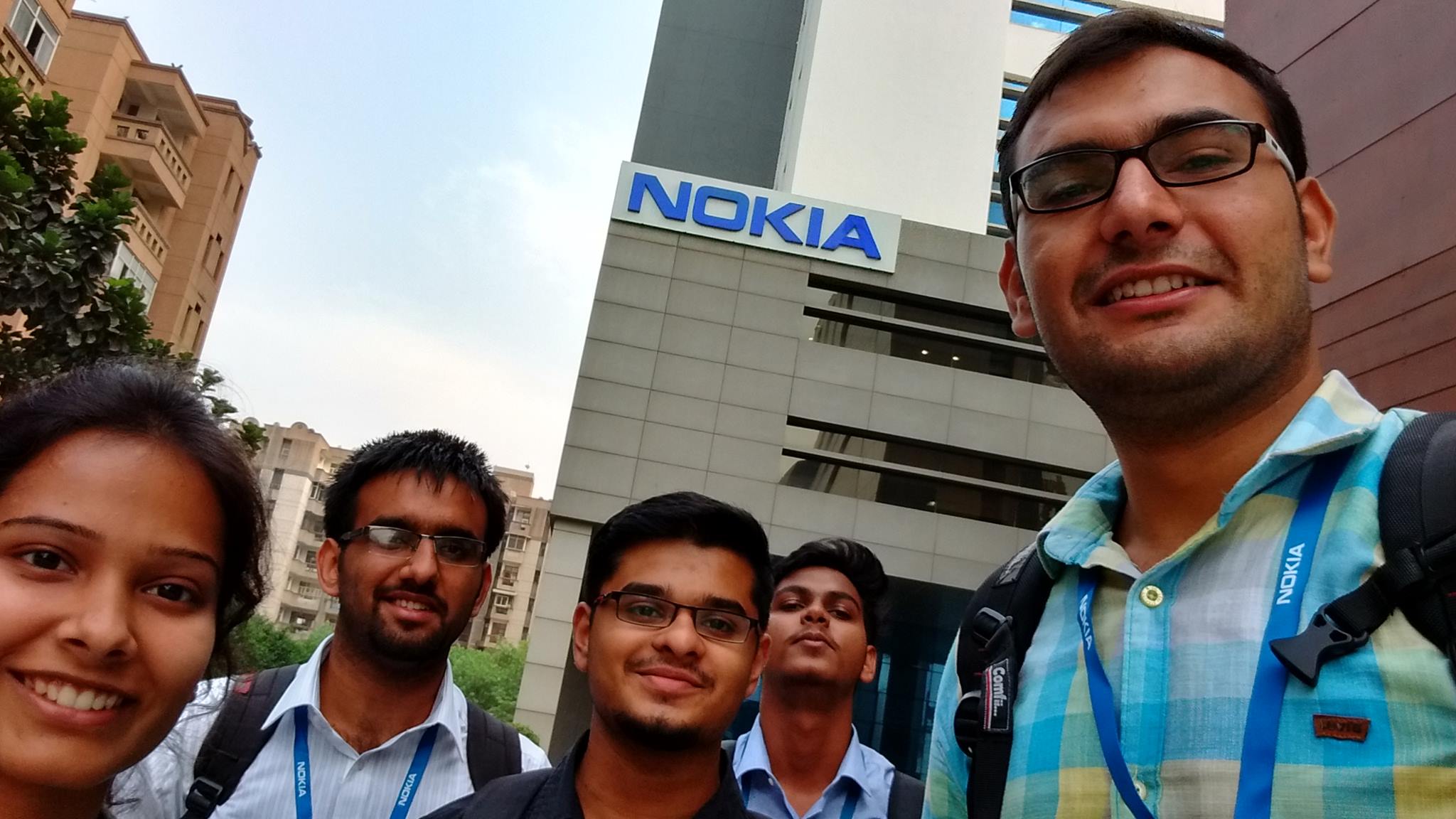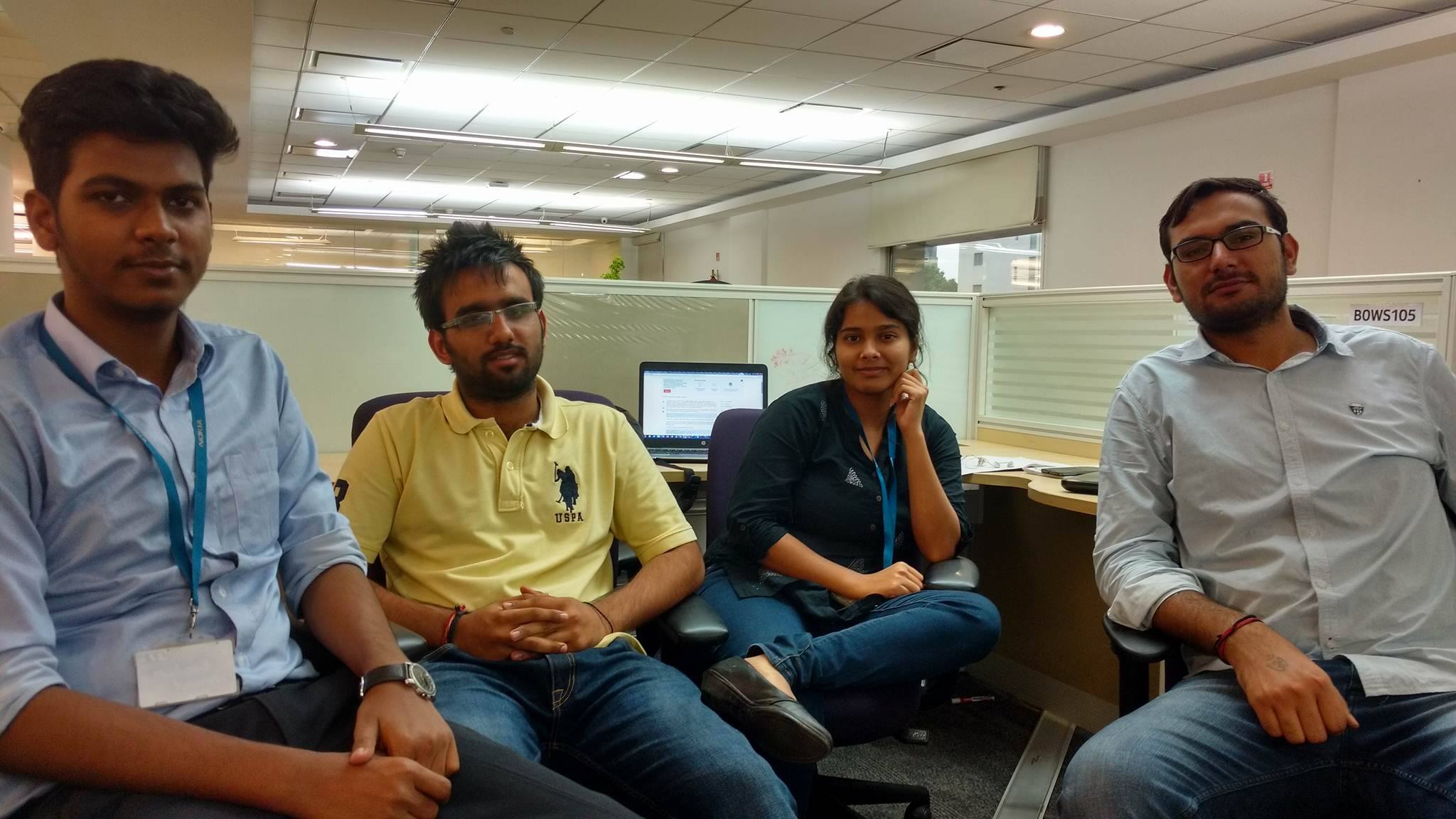

Body of IITR

The selection process was pretty straight-forward and short. A shortlist was announced among all those who applied. Going against the trend, ‘resume-shortlisting’, to them, was not just another term for CGPA-shortlisting, as is the case for most of the other companies. But then again, the internship was announced in mid-March, and the number of candidates was not huge. Therefore, it’s possible that they didn’t have to resort to it. But there is no telling what will happen next year; if they announce it earlier and the CC overflows(which will), they would face the same dilemma that all other companies do.
The process had primarily three rounds.
Round 1 was like any other preliminary test, consisting of Aptitude, English and an additional section based on a choice of either Electronics or Software. The Software section consisted of objective as well as three actual coding questions, with the difficulty level being easy (at least according to me).
Round 2 was a video-based interview. At the beginning itself, they made it abundantly clear that they were looking for candidates specifically for Data Science related projects. The interview was short with me explaining my past experience in the subject and them asking a few questions based on my work in earlier internships.
Round 3 was basically an HR round where they made sure that we were committed to pursuing the internship as well as the subject it was primarily going to be based upon. This, in a way, provided a choice to those who wanted to back out in case they weren’t sure about the subject.
Apart from mobile phones, which used to be their flagship product, Nokia-Siemens is also known for being one of the world’s foremost Network and Solutions company, recently having merged with Bell Labs. Many of the prominent Telecom companies are its customers for its networking infrastructure and solutions. The department that I was working in is responsible for optimization of networking maintenance and performance.
The work environment was pleasant and we were treated like all other employees. We were also given all the company benefits (assorted insurances and what not) and resources available to full-time employees. In fact, our designation was that of a short-term consultant rather than a college intern. The five of us were assigned four projects based on ML, NLP and also a little front end development. There was no rigid sub-allocation, so we were free to decide our tasks by ourselves. There was considerable leniency and those less familiar with the subject and the requisite programming tools were given ample time to familiarize themselves. The office hours were flexible enough for me to be able to find time to pursue some free-lance DS work in the first month. We would often be allowed to work from home or stay late, the office space being open 24x7. It was suitable for night owls like me, who for some reason can function better after 12 am(It was another stroke of luck that I found a PG arrangement in the adjacent building).
The projects required us to be able to learn quickly and be flexible and adept at programming tools. We did not, however, have any senior subject expert guiding us or working with us; where we lacked, we had to educate ourselves, which is not new to DS enthusiasts for whom the internet is the biggest boon and perhaps the only resource, for the field is new and under development. It was thrilling to be part of a team that was working on solutions to be deployed at a global level. Imagine finding out that your team’s work is being verified and prepared for deployment in Ireland. After this, the ordeal of having to subject ourselves to extensive and invasive pre-employment medical checkups almost seems worth it.

A key thing to note about Nokia’s internship recruitment was that from the get-go, they were very particular about the subject that the internship was going to be based upon. Data Science is a very popular field and yet it is not as extensively spread in India as one hopes it to be. Hence, most of the internships for it are in start-ups, which people are left to fend for off campus.
For those firm about establishing their future in this field, it is a unique opportunity since we had all the freedom that startups do, as well as the resources and perks only a large established company can provide. However, it may not be ideal for those blindly applying to all companies with the work profile being remotely related to Software in any way; there is simply no spoon feeding of subject knowledge.